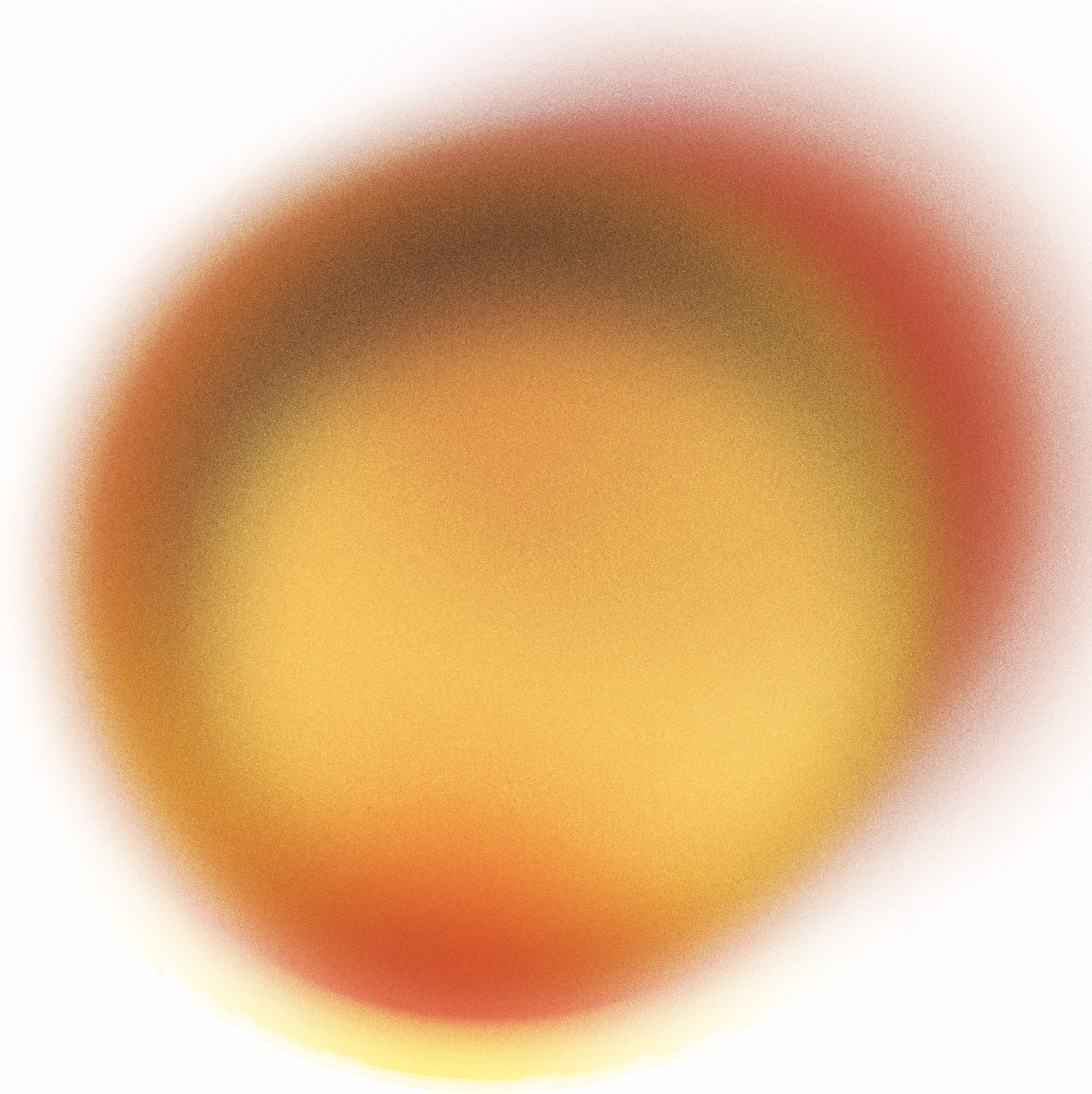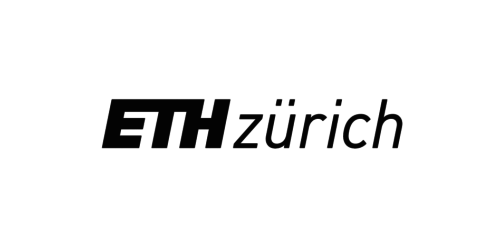Topic:
The Protocols of making: Thinking 3d printing in architecture – THINKING COLLECTIVELY WITH ALESSANDRA PONTE AND PHILIPPE MOREL / October 30-31, 2015 / CHAIR FOR CAAD, ETH ZÜRICH
“The appearance of new technologies leads simultaneously to new ways of organizing production and to new ways of organizing urban space. The latter interact in ways that are mutually detrimental rather than beneficial. ”
— Lefebvre, Henri. “Dissolving City, Planetary Metamorphosis.” , 1989
3D printing has become one of the ubiquitous topics of the beginning of 21st century. It introduces the promise of rapid change in many fields and on various scales – from medicine and food production, to the design of everyday objects, buildings and even cities. Emerging simultaneously from the garages of the DIY maker movement and high-end laboratories of research institutes, promoters of this technology hope to fundamentally change how we look at the objects in our everyday life, environment, and infrastructure. If the scales to which 3D printing promises transformation are the scales on which architecture operates, how can we situate 3D printing in architecture?
Like every new technology, 3D printing comes bundled with a new set of protocols, rules, codes
Format
With the fourth session of Schwerpunkte we would like to initiate an experiment in collective thinking. We are testing the idea that critical thinking is a collective and active process, where different positions on the topic emerge through exhaustive discussions. Instead of presenting their research, participants are invited to use the proposed topic as a placeholder for probing their individual interests. Scholars from various fields can be beneficial in the discussion, for we believe that only an interdisciplinary working environment can help us address these crucial questions.
Participants’ initial ideas will be further developed during the discussions with our guests, who rather than taking the position of experts, will be invited to work with us and become the interlocutors of the discussion. Not only will they provide their expertise, but most importantly methods and approaches to think about the topic.
The goal of Schwerpunkte 4 is to articulate a wide range of positions on the topic and collectively publish them
Guests
Alessandra Ponte is Full professor at the École d’architecture, Université de Montréal. She has also taught at the Istituto Universitario di Architettura di Venezia (IUAV), Princeton University, Cornell University and Pratt Institute (New York). For the last seven years she has been responsible for the Phyllis Lambert International Seminar, annual events addressing current topics in landscape and architecture. She curated the exhibition Total Environment: Montreal 1965-1975 (Canadian Center for Architecture, Montreal, 2009) and collaborated to the exhibition and catalogue God & Co: François Dallegret Beyond the Bubble (with Laurent Stalder and Thomas Weaver, London: Architectural Association Publications, 2011). She has recently published a collection of essays on North American landscapes titled The House of Light and Entropy (London: AA Publications, 2014) and for the last three years she has been a member of the research group Future North, a project initiated by department of landscape and urbanism of AHO (Oslo) in collaboration with the Barents Institute.
Selected publications:
- The House of Light and Entropy, Architectural Association (AA), London, 2014.
- Monographie MAQ 03: Atelier Pierre Thibault, L’architecture comme paysage /Architecture as Landscape, catalogue of the exhibition Alessandra Ponte, Georges Teyssot eds., Montréal, 2014.
- GOD & CO: François Dallegret beyond the Bubble, catalogue of the exhibition in collaboration with Laurent Stalder and Thomas Weaver, Architectural Association, School of Architecture, London 2011.
- Architecture and the Sciences: Exchanging Metaphors, Alessandra Ponte, editor (in collaboration with Antoine Picon), papers of the colloquium, Princeton University, School of Architecture, November 2000 (New York: Princeton Architectural Press), 2003.
- Le paysage des origines. Le voyage en Sicile (1777) de Richard Payne Knight, Les Éditions de l’Imprimeur, Paris, France, 2000.
- Il bello ‘ritrovato.’ Gusto, ambienti, mobili dell’Ottocento, Alessandra Ponte (with Giulio Paolini, Ornella Selvafolta), Istituto Geografico De Agostini di Novara, Novara, Italy, 1990.
Selected videos:
‘A Home Is Not a House’ – School of Architecture, University of Illinois, Chicago, 2013 https://www.youtube.com/watch?v=_6i7zXDNCog
Philippe Morel is an architect and theorist, cofounder of EZCT Architecture & Design Research (2000) and more recently (2015) of the Large-scale 3D printing corporation XtreeE (where he serves as Chairman). He is currently an Associate Professor at the ENSA Paris-Malaquais where he directs the Master program within the Digital Knowledge department (http://dk-digital-knowledge.com/ ; cofounded with Pr. Christian Girard), as well as the Head of the scientific and pedagogical committee of the Advanced Master in Computational Design and Making at the Ecole des Ponts ParisTech. He was until last year both an invited Research Cluster and MArch Diploma Unit Master at UCL Bartlett. Prior to the Bartlett he has taught at the Berlage Institute (Seminar and Studio) and at the AA (HTS Seminar and AADRL Studio). His long lasting interest in the elaboration of a Theory of Computational Architecture is well expressed by some of his first published essays (including The Integral Capitalism, 2000-2002; Research On the Biocapitalist Landscape, 2002; Notes on Algorithmic Design, 2003; Notes on Computational Architecture, 2004; A Few Precisions on Architecture and Mathematics, Mathematica Day, Henri Poincare Institute, Paris, January 2004; or Forms of Formal Languages: Introduction to Algorithmics and Bezier Geometry with Mathematica, 2005). Philippe Morel lectured in various places (including MIT Department of Architecture, A Few Remarks on Epistemology and Computational Architecture, Lecture, March 2006; Architectural Association, Information Takes Command, 2007; The Laws of Thought, 2008; Pangaea Proxima, 2008; or recently What is computationalism?, 2012). In February 2007, he curated the exhibition Architecture beyond Forms: The Computational Turn of Architecture at the Maison de l’architecture et de la ville PACA in Marseille. Explicitly departing from Eisenman’s dissertation The Formal Basis of Modern Architecture (1963) the exhibition addressed both historically and theoretically the linguistic and computational turns in architectural design. Philippe Morel book Empiricism & Objectivity: Architectural Investigations with Mathematica (2003-2004), subtitled A Coded Theory for Computational Architecture, exhibited at ScriptedByPurpose (Philadelphia, Sept. 2007), is to be considered the first architectural theory book entirely written in code. EZCT work, present in the FRAC Centre and Centre Pompidou permanent collections, as well as in private collections, has been presented recently in the exhibition Out of Hand: Materializing the Postdigital at the Museum of Arts and Design in NY.
Selected videos:
‘Computation as Mind of the Money’ – ETH Zürich, Chair of CAAD, 2014
https://vimeo.com/114013125
Organizers:
Marc Frochaux; Nikola Marincic; Jorge Orozco, Dubravka Sekulic
Programme
SESSION 1, Friday OCT 30, 2015
| 9:30 | Coffee |
| 10:00 | Introduction by the S4 team Presentation of participants |
| 10:20 | Welcome and input by Ludger Hovestadt |
| 10:50 | Input by Alessandra Ponte |
| 11:20 | Discussion with guests |
| 12:00 | Lunch break at ETH Hönggerberg |
| 13:00 | Round table. Presentation of participant’s initial questions. Coffee break. Entropic discussions towards defining common threads |
| 18:00 | Apero |
| 20:00 | Dinner at Da Michelangelo, Zürich |
SESSION 2, SATURDAY OCT 31, 2015
| 9:30 | Coffee |
| 10:00 | Morning sum up |
| 10:20 | Input by Philippe Morel |
| 10:50 | Input by Marcell Mars |
| 11:20 | Discussion with guests |
| 12:00 | Lunch break at CAAD Chair Round table discussions and teamwork |
| 17:00 | Presentation of results |
Organizers
Marc Frochaux, Dubravka Sekulić

